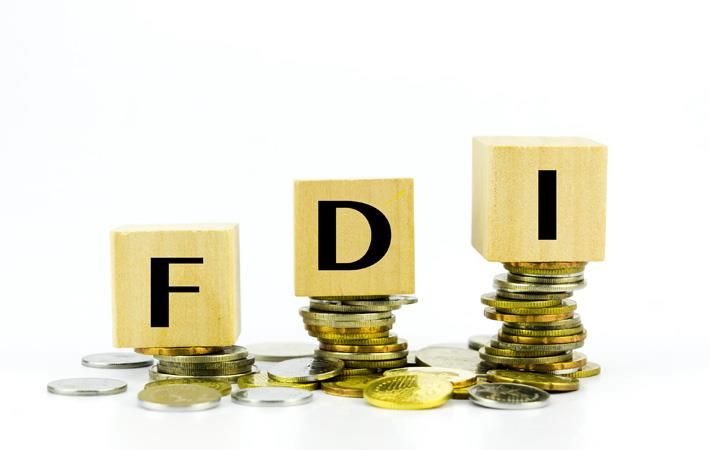The outbreak and spread of novel coronavirus COVID-19 will negatively affect global foreign direct investment (FDI) flows, according to a report by the United Nations Conference on Trade and Development (UNCTAD), which said the downward pressure on FDI will be minus 5 per cent to minus 15 per cent depending on the turn the epidemic takes.
The scenarios of the spread of the epidemic can range from short-term stabilisation to continuation throughout the year, says the report. The earlier forecasts projected marginal growth in the FDI trend for 2020-2021.The outbreak and spread of novel coronavirus COVID-19 will negatively affect global foreign direct investment (FDI) flows, according to a report by the United Nations Conference on Trade and Development (UNCTAD), which said the downward pressure on FDI will be minus 5 per cent to minus 15 per cent depending on the turn the epidemic takes.#
The impact on FDI will be concentrated in those countries that are most severely hit by the epidemic, although negative demand shocks and the economic impact of supply chain disruptions will affect investment prospects in other countries.
More than two-thirds of the multinational enterprises (MNEs) in UNCTAD’s Top 100, a bellwether of overall investment trends, have issued statements on the impact of COVID-19 on their business. Many are slowing down capital expenditures in affected areas. In addition, lower profits– to date, 41 have issued profit alerts–will translate into lower reinvested earnings—a major component of FDI.
On an average, the top 5,000 MNEs, which account for a significant share of global FDI, have seen downward revisions of 2020 earnings estimates of 9 per cent due to COVID-19. The hardest hit are the automotive industry (minus 44 per cent), airlines (minus 42 per cent) and energy and basic materials industries (minus 13 per cent).
Profits of MNEs based in emerging economies are more at risk than those of developed country MNEs. Developing country MNE profit guidance has been revised downwards by 16 per cent.
The economic impact of Covid-19 will be uneven, with the effects caused by negative demand shocks concentrated in those economies most severely hit by the epidemic, and effects caused by production stoppages and supply chain disruptions felt especially in economies that are closely integrated in global value chains centred around China, South Korea and Japan, as well as South-East Asian economies.
The investment impact will be even more concentrated. It will be strongest in those countries that have been forced to take the most drastic measures to contain the spread of the virus.
The outbreak will slow down capital expenditures of MNEs and their foreign affiliates. Production locations that are closed or that operate at lower capacity will temporarily halt new investment in physical assets and delay expansions, says the UNCTAD report.
Greenfield investment projects that are already ongoing will also be affected by this. However, as new investment projects have a long gestation period and a lifecycle that can span decades, the immediate impact on existing investments and investment projects under construction is likely to be limited.
Announcements of new greenfield projects could be delayed. Similarly, mergers and acquisitions (M&As) could see a slowdown. Data for February show a significant drop in the completion rate of cross-border acquisitions, to below $10 billion from normal monthly values of $40-50 billion.
Fibre2Fashion News Desk (DS)
